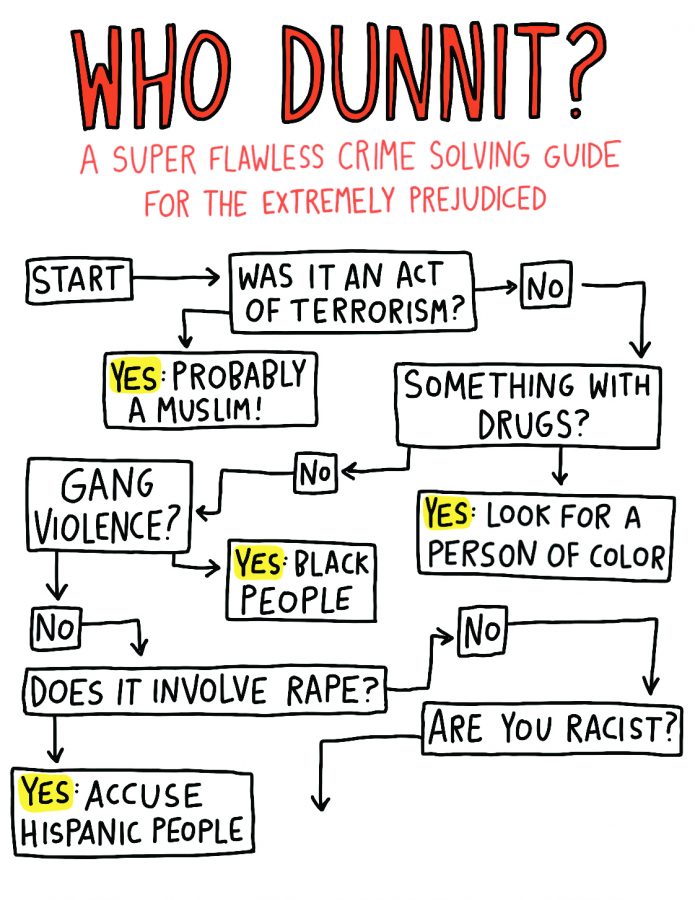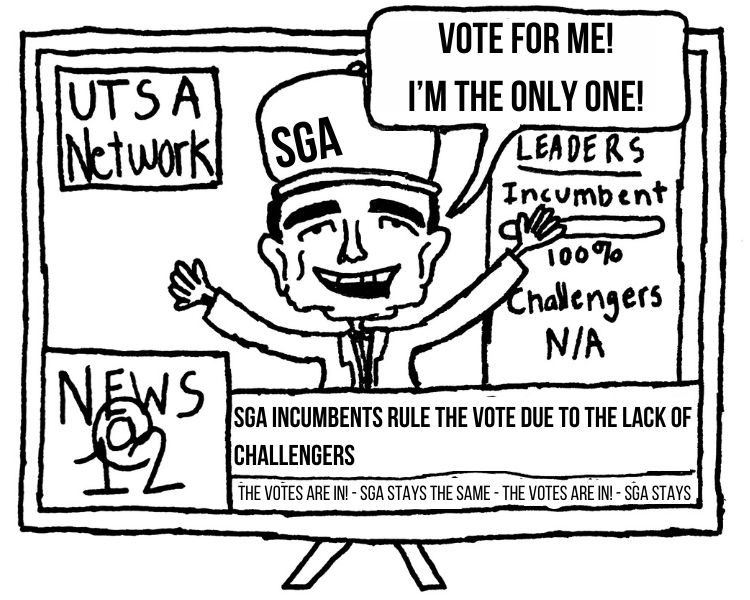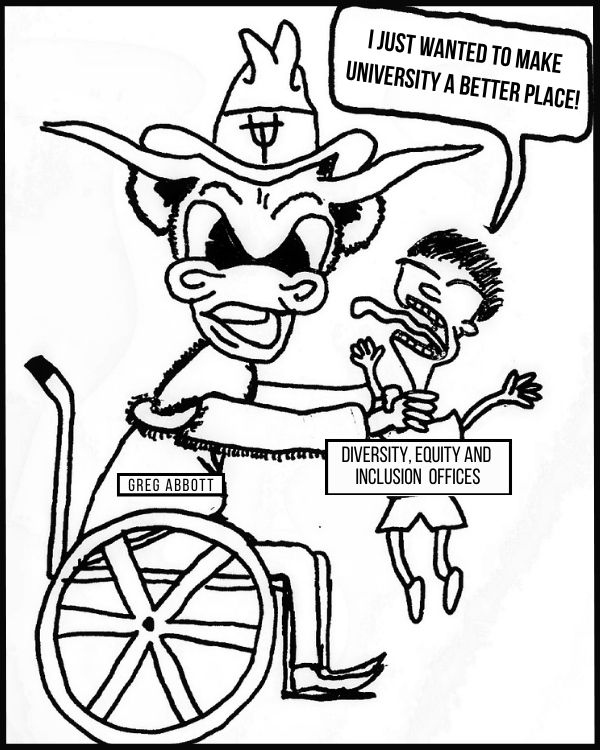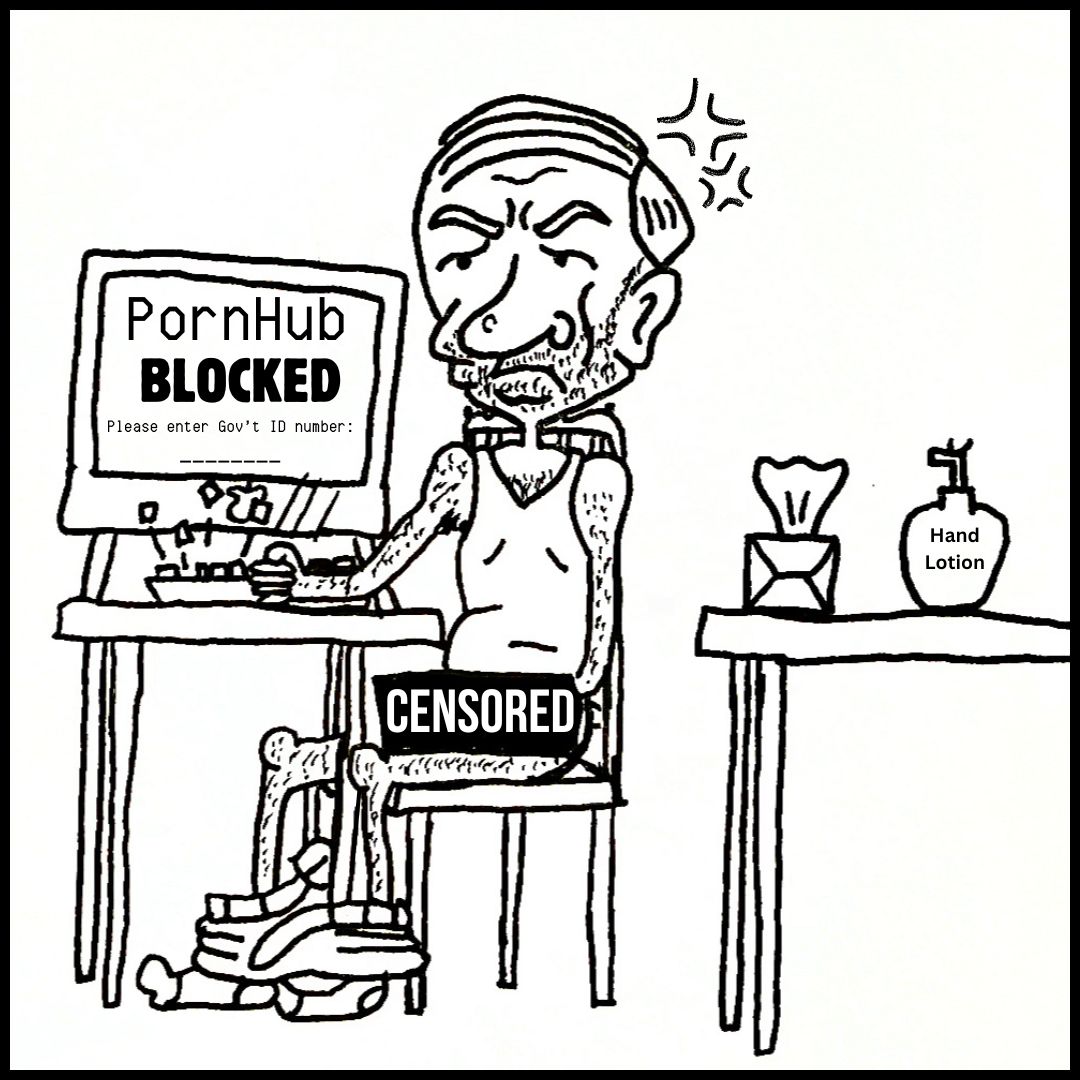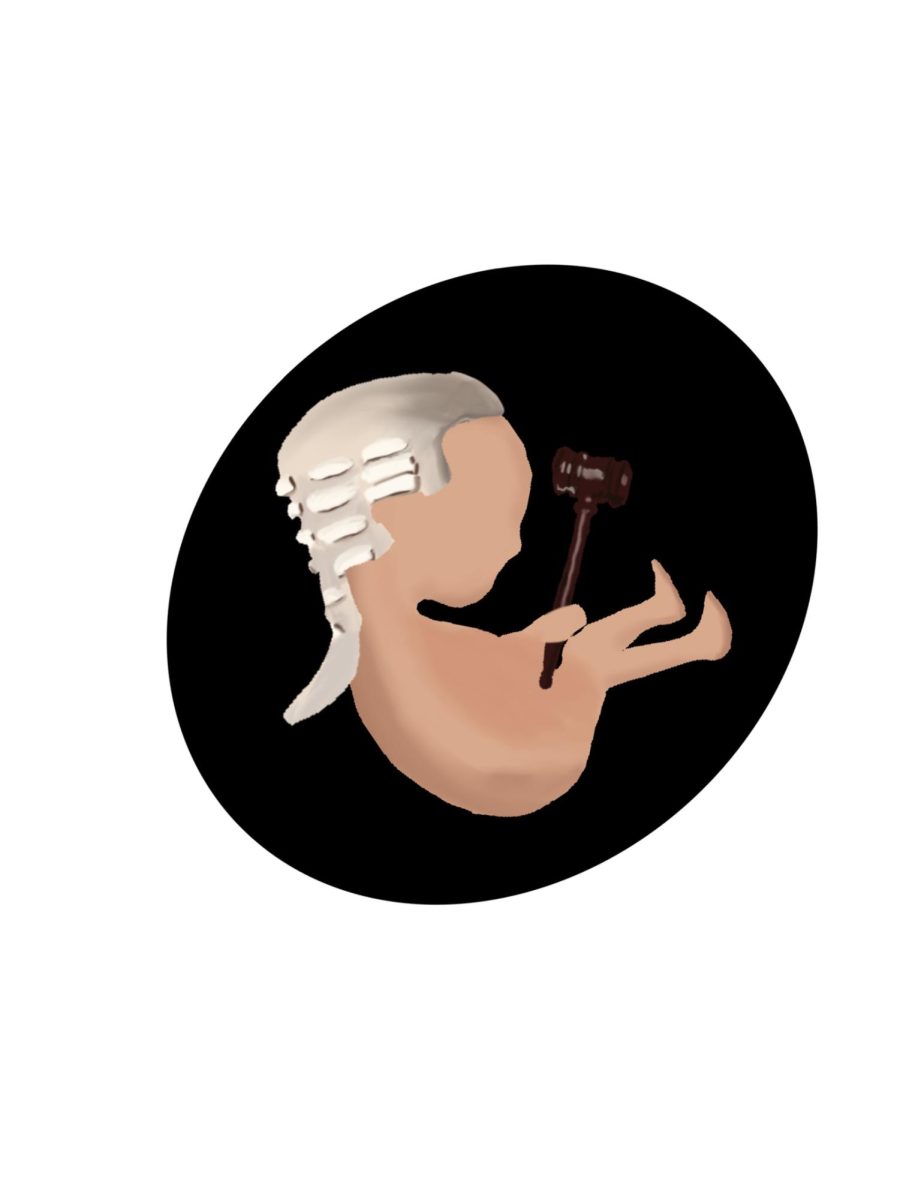Six-foot-five, 220-pound African American college student on a scholarship. Sound like the description of a student athlete? Maybe.
An athlete who is in college only because he can bounce a ball? Maybe not. What about the student struggling with his academics? Is he going to graduate? Maybe. Is he dumb? Maybe not.
Stereotypes are dangerous. Just because he or she looks or acts a certain way—does not seem intelligent, for example—does not mean he or she is incapable of being more than a stereotype.
For instance, the late senator and presidential candidate John McCain once struggled academically. McCain admitted that in a class of 899 students he ranked 894 in terms of academic performance—not what someone would expect of a future senator. During that time, many people may not have thought he would become a successful statesman—a positive influence in the world.
Another person known for defying stereotypes is Kobe Bryant. Kobe will go down in history as one as one of the best NBA players, after skipping college and going straight into the National Basketball Association (NBA). Recently, Kobe won an Oscar for his animated short film Dear Basketball, which was based on a poem he wrote. Many think basketball players should “shut up and dribble,” but Kobe showed the world that athletes can do so much more.
The tall black player is not just another student athlete; the person struggling with his or her studies is not another dumb student who won’t graduate. Every act of terrorism is not the work of a muslim. And every rape or murder is not the act of an undocumented immigrant. For the world to become a better place, the people in it have to be judged on the content of their character, not on a stereotypic image.






